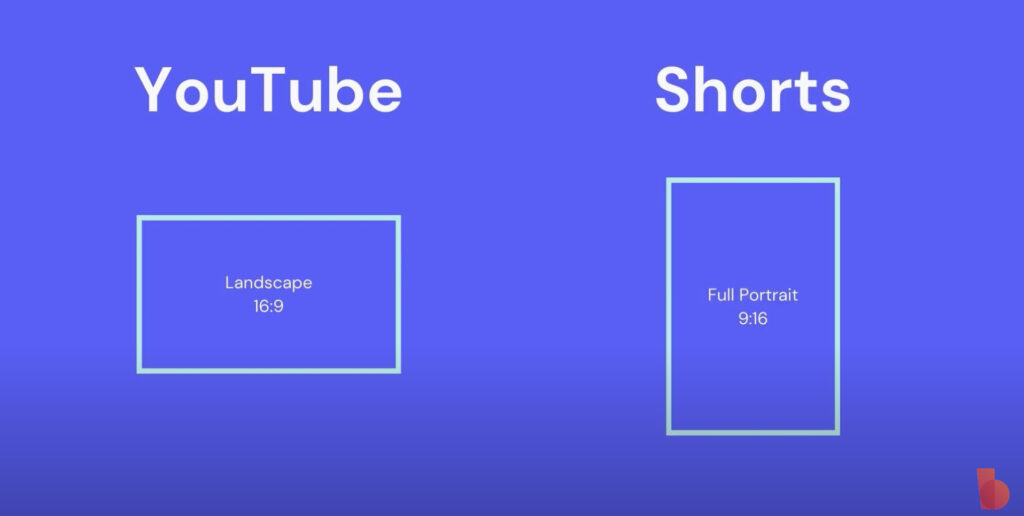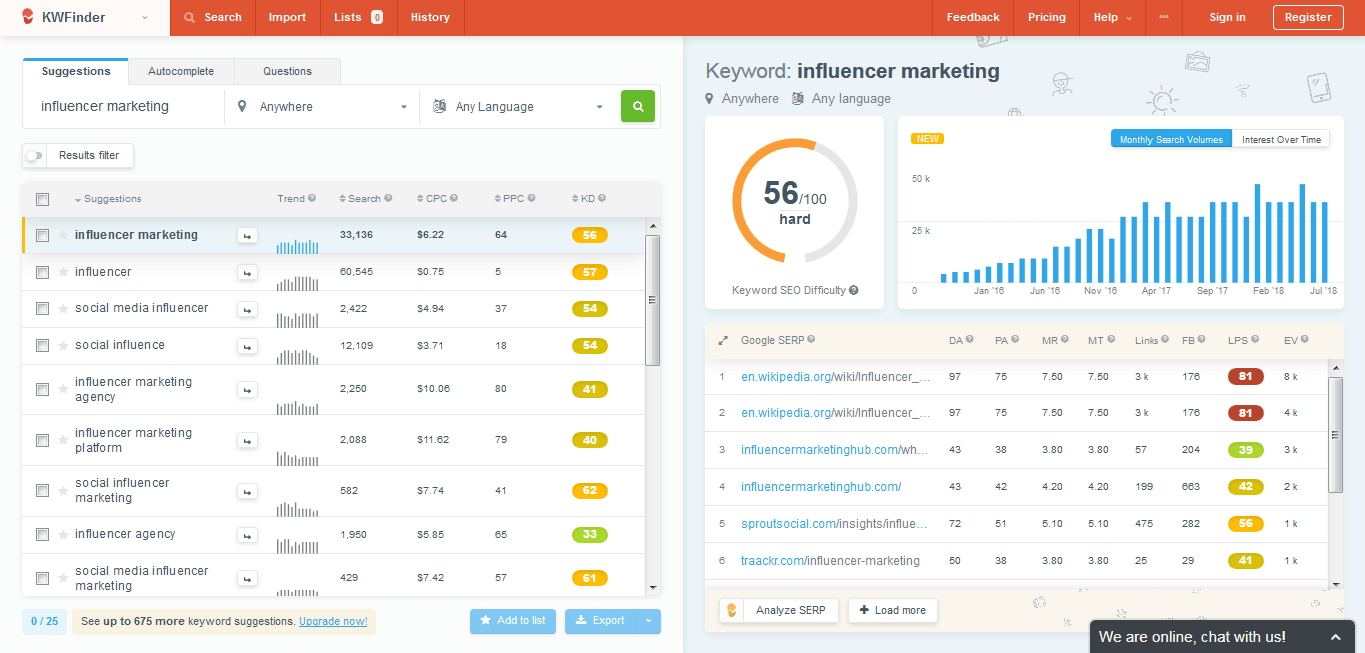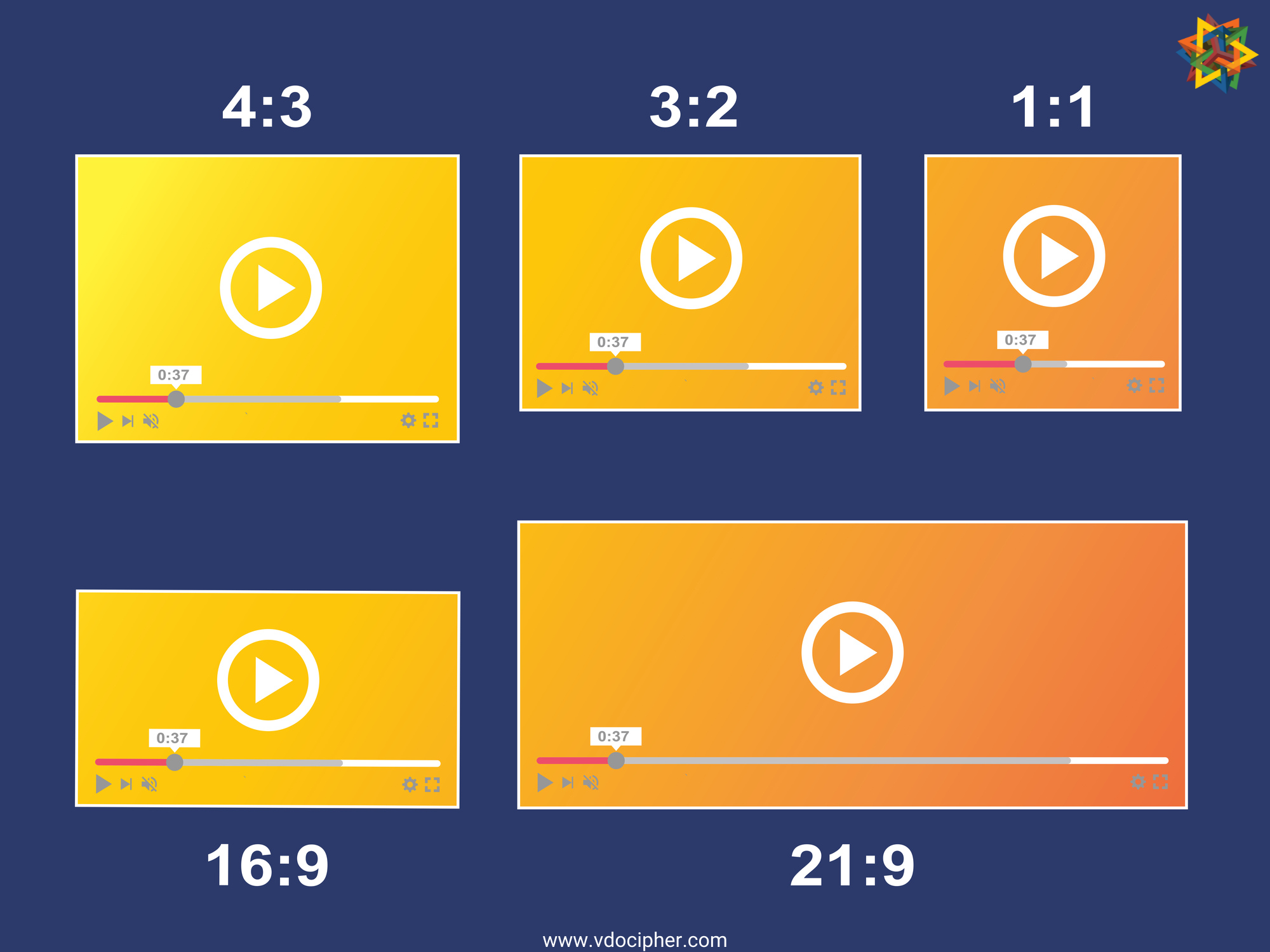YouTube isn’t just a platform for sharing videos; it’s a complex ecosystem where every element counts. One of those critical elements is the video ratio, which refers to the dimensions of your video frame—essentially how "wide" or "tall" your video appears. This aspect can significantly impact how viewers experience your content while also playing a role in how that content performs in search rankings and audience engagement. Let’s take a deeper dive into what video ratio means and why it matters when it comes to creating compelling and successful videos on YouTube.
Importance of Video Ratio in YouTube Success

Understanding and optimizing your video ratio can have a profound effect on your channel's performance. Here are some key reasons why video ratio matters:
- User Experience: The right video ratio ensures a pleasing viewing experience, reducing distractions and allowing viewers to focus on your content. A mismatched ratio can create awkward cropping or add black bars, detracting from the overall presentation.
- Device Compatibility: With a significant portion of viewers watching on mobile devices, a properly chosen video aspect ratio (like 16:9) will provide the best viewing experience across various screens, including phones, tablets, and laptops.
- Search Rankings: YouTube's algorithm is increasingly focused on viewer retention and engagement. Videos that maintain a professional appearance with the right video ratio are more likely to keep viewers watching, which can lead to better rankings in search and recommendations.
- Social Media Shareability: If you plan to promote your videos on social media, having a popular aspect ratio like 1:1 or 16:9 can help increase shareability. People are more likely to engage with content that looks good on their feeds.
- Brand Consistency: Maintaining a consistent video ratio across your content can reinforce your brand identity. A cohesive look helps establish your channel as professional and reliable, encouraging subscribers and repeat viewers.
In short, the video ratio isn’t just a technicality; it's an essential factor that influences almost every aspect of your YouTube strategy. By optimizing this aspect, you're investing in your channel's long-term success! Stay tuned as we explore more tips for optimization in upcoming sections.
Also Read This: How to Solve an Interview Problem by Inverting Image Colors
Common YouTube Video Ratios Explained

When it comes to uploading videos on YouTube, understanding the different aspect ratios can greatly influence how your content is viewed. Here’s a breakdown of common YouTube video ratios you should know:
- 16:9 - This is the most common ratio for YouTube videos and is optimized for widescreen viewing. It’s perfect for standard desktop monitors, modern TVs, and smartphones held horizontally.
- 4:3 - This ratio used to be the standard but is now less common. While it looks fine on older devices, it doesn’t fill the screen on modern displays, which can be a downside.
- 1:1 - Perfect for platforms where square videos shine, like Instagram. However, it’s not ideal for YouTube’s traditional viewing experience, as it leaves empty space on widescreens.
- 9:16 - This aspect ratio suits vertically oriented content, especially for mobile-first viewers. It’s gaining popularity thanks to platforms like TikTok and Instagram Reels.
Most creators should aim for the 16:9 ratio since it offers the best overall viewing experience. However, as consumption trends evolve, experimenting with 9:16 could capture the attention of a mobile-centric audience. Keep in mind that your chosen ratio can affect how users engage with your videos, so choose wisely!
Also Read This: Single and Searching: IMDb’s Take on “How to Be Single” – Exploring the Film’s IMDb Page
How to Optimize Your YouTube Videos for Better Results

Optimizing your YouTube videos is essential to attracting more viewers and boosting engagement. Here are some effective strategies you can apply:
- Create Compelling Thumbnails: Your thumbnail is the first thing viewers see, so make it visually appealing and relevant to your content. Aim for a 16:9 aspect ratio and use bold text to grab attention.
- Optimize Titles and Descriptions: Incorporate keywords that your target audience is searching for. A captivating title paired with a detailed description helps improve search visibility.
- Utilize Tags: Tags help YouTube understand the content and context of your video. Use a mix of broad and specific tags to reach your target audience effectively.
- Engage with Your Audience: Encourage viewers to like, subscribe, and leave comments. Responding to comments can enhance viewer loyalty and engagement.
- Incorporate Calls to Action (CTAs): Make sure to guide your viewers on what to do next—whether that's watching another video, subscribing to your channel, or following you on social media.
By applying these optimization techniques, you can boost your video’s visibility on YouTube and encourage more viewers to engage with your content. Remember, it’s not just about creating a stellar video, but also about ensuring it reaches the right audience!
Also Read This: How to Crop an Image in Figma for Professional Design
Best Practices for Creating Videos with Ideal Ratios
Creating videos with ideal ratios isn’t just about aesthetics; it’s also about ensuring your content is engaging and visually appealing. Here are some best practices to consider:
- Know Your Platform: Each platform has a preferred aspect ratio. For example, YouTube favors a 16:9 ratio for standard videos. Knowing where your video will primarily be viewed can guide your formatting choices.
- High-Quality Content: Regardless of the ratio, the content itself needs to shine. Invest in quality production – good lighting, sound, and visuals can elevate your video.
- Make Use of Framing: A well-framed shot can help direct the viewer’s attention. Keep the main subject off-center using the rule of thirds to create a more dynamic composition.
- Test Different Ratios: Don’t be afraid to experiment! Testing different ratios can sometimes produce unexpected results that may resonate better with your audience.
- Ensure Compatibility: If you're creating content for various platforms, consider using adaptable formats. Tools like Adobe Premiere or Final Cut Pro allow you to create variations of your video to fit different ratios.
In summary, creating videos with ideal ratios is a blend of technical knowledge and creative freedom. Keep these best practices in mind, and you’ll be on your way to producing fantastic video content.
Also Read This: Steps to Remove Color from an Image for a Clean Look
Tools and Resources for Video Optimization
Optimizing your videos for the best performance requires a mix of tools and resources to help with everything from editing to analytics. Here are some essential tools to consider:
| Tool/Resource | Description | Price Range |
|---|---|---|
| TubeBuddy | A great browser extension that helps optimize your YouTube video SEO, keywords, and performance tracking. | Free to $19/month |
| Canva | User-friendly graphic design tool for creating eye-catching thumbnails that can improve click-through rates. | Free to $12.95/month |
| VidIQ | Another excellent tool for video SEO, including keyword recommendations and insights on what works for similar channels. | Free to $39/month |
| Final Cut Pro | Professional video editing software with extensive options for producing high-quality videos. | $299.99 (one-time fee) |
| Adobe Premiere Pro | Industry-standard video editing software allowing for significant editing and customization possibilities. | $20.99/month | Creative Cloud |
Using the right tools can significantly ease the video creation process while maximizing quality and reach. Whether you’re a novice or a pro, incorporating these resources into your workflow will surely enhance your video optimization strategies.
Understanding YouTube Video Ratio and Tips for Optimization
YouTube video ratio refers to the aspect ratio of your video content, which defines the width-to-height relationship of the video frame. The standard aspect ratio for YouTube videos is 16:9, which is also referred to as widescreen format. This ratio is crucial because it affects how your video is displayed across various devices, including desktops, tablets, and smartphones. Understanding and utilizing the correct video ratio can significantly impact viewer engagement and overall video performance.
When creating YouTube videos, the following aspect ratios are commonly used:
- 16:9 (Widescreen) - This is the ideal format for YouTube videos.
- 4:3 (Standard) - Less commonly used today; may show black bars on the sides.
- 1:1 (Square) - Effective for mobile users as it takes up more screen space on smartphones.
- 9:16 (Vertical) - Increasingly popular due to the rise of mobile-first platforms; great for YouTube Shorts.
To optimize your YouTube video ratio for maximum visibility and engagement, consider the following tips:
| Tip | Description |
|---|---|
| Use the Right Format | Always upload videos in the 16:9 ratio to avoid cropping or black bars. |
| Test Different Ratios | Experiment with 1:1 and 9:16 videos for alternative viewing experiences. |
| Focus on Quality Content | The narrative and visual quality matter more than the exact ratio. |
In conclusion, understanding and optimizing the YouTube video ratio is essential for enhancing user experience and engagement. By adhering to the standard 16:9 format while exploring other ratio options, content creators can ensure their videos are visually appealing and accessible across various platforms.
 admin
admin








